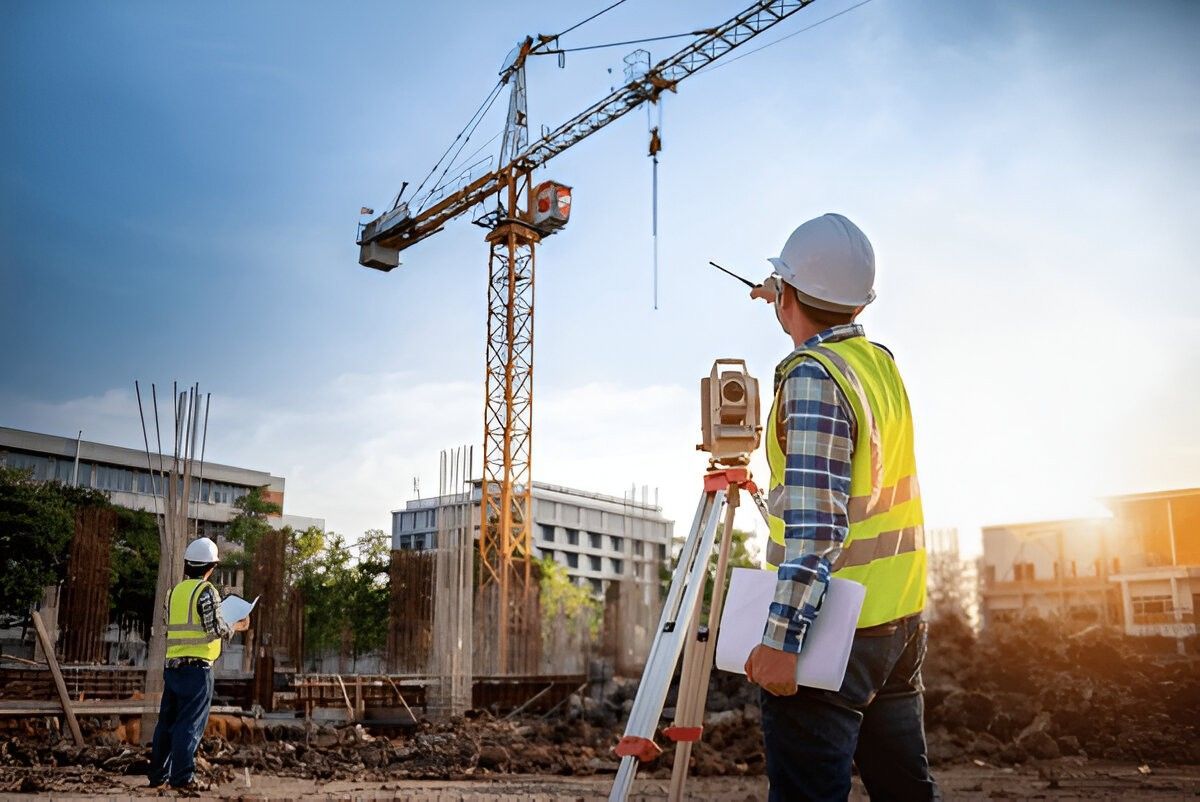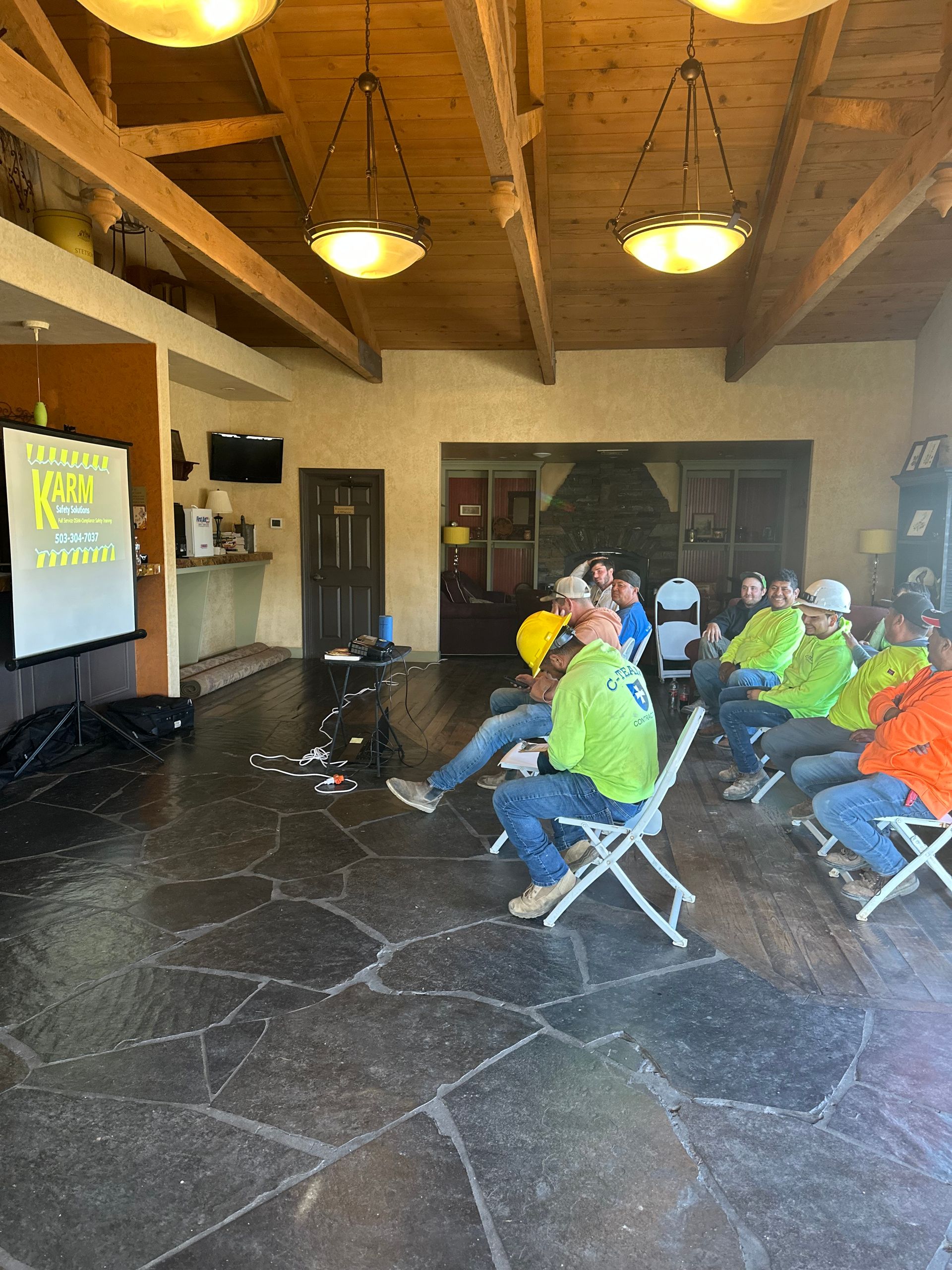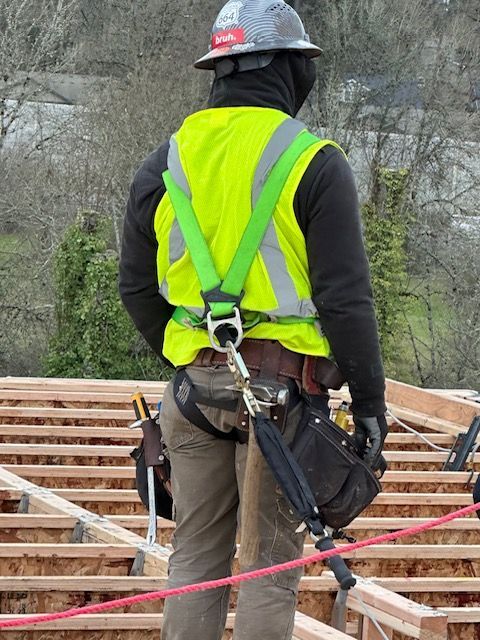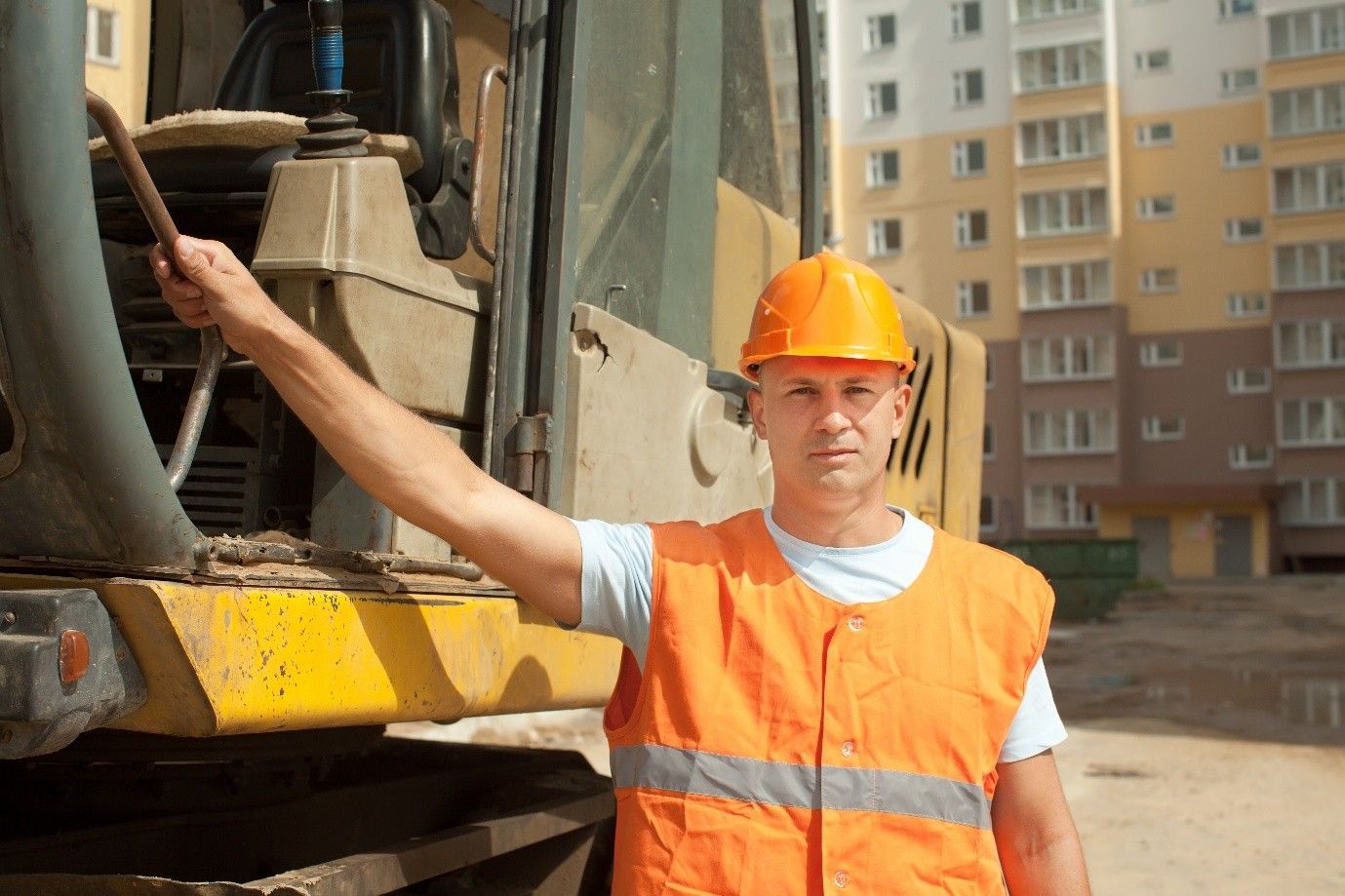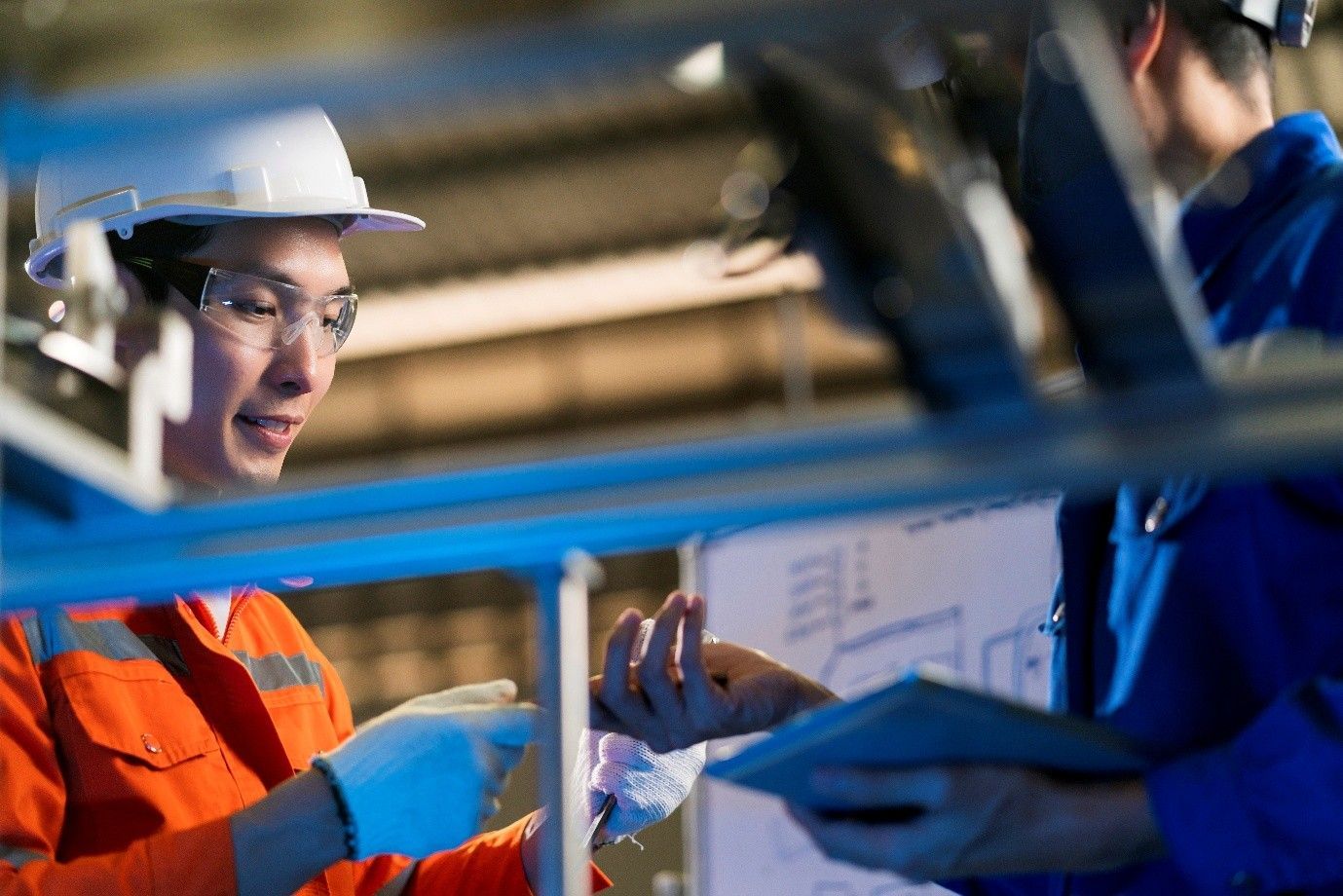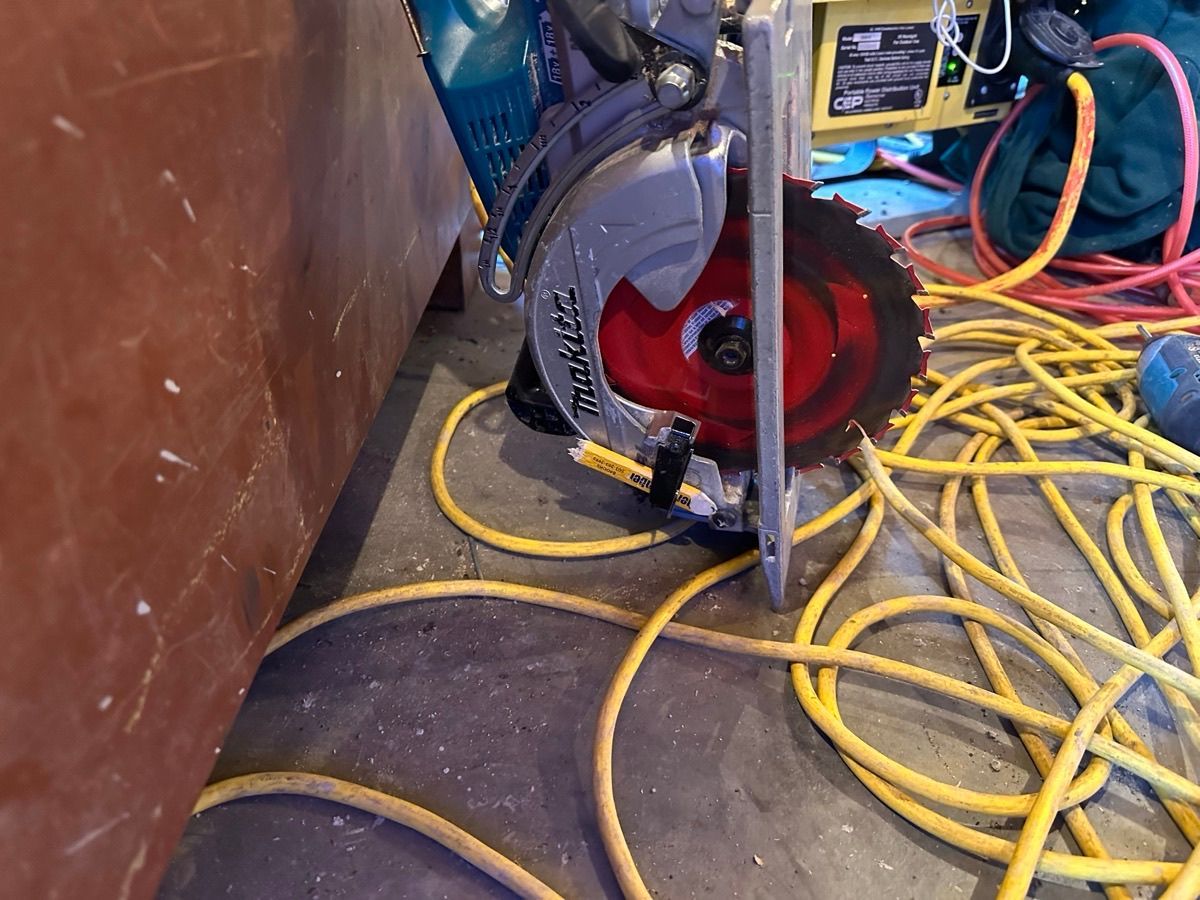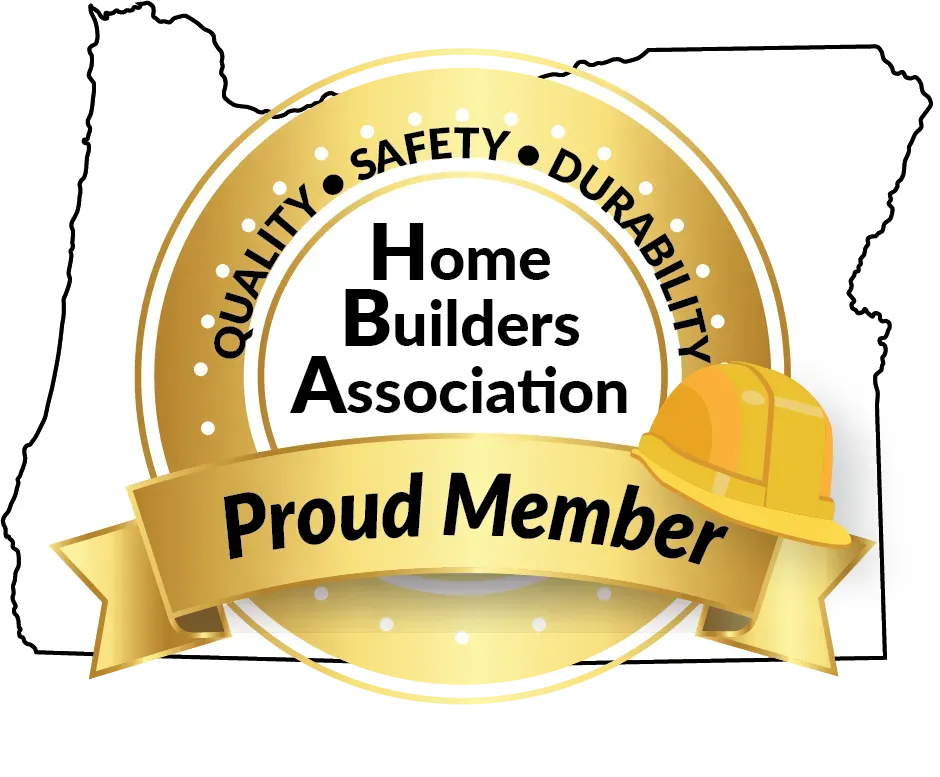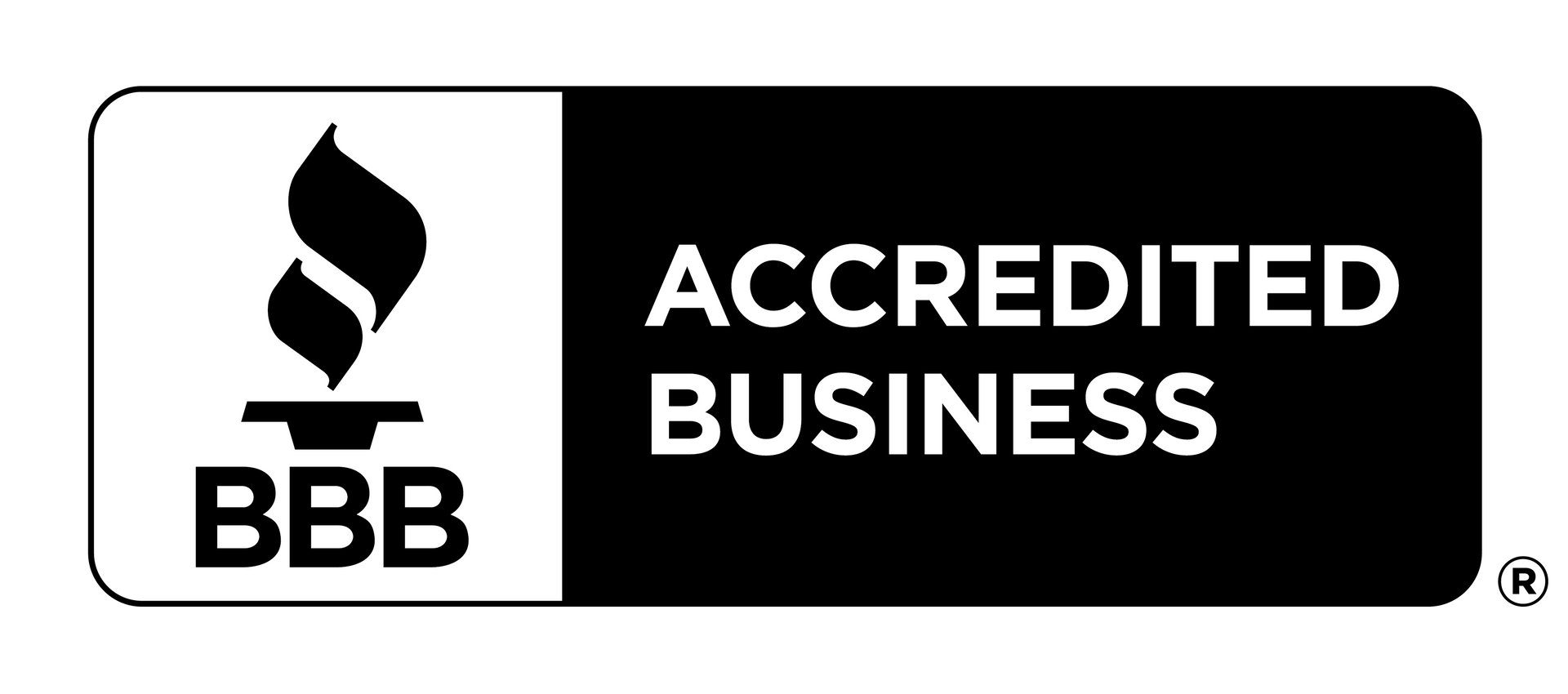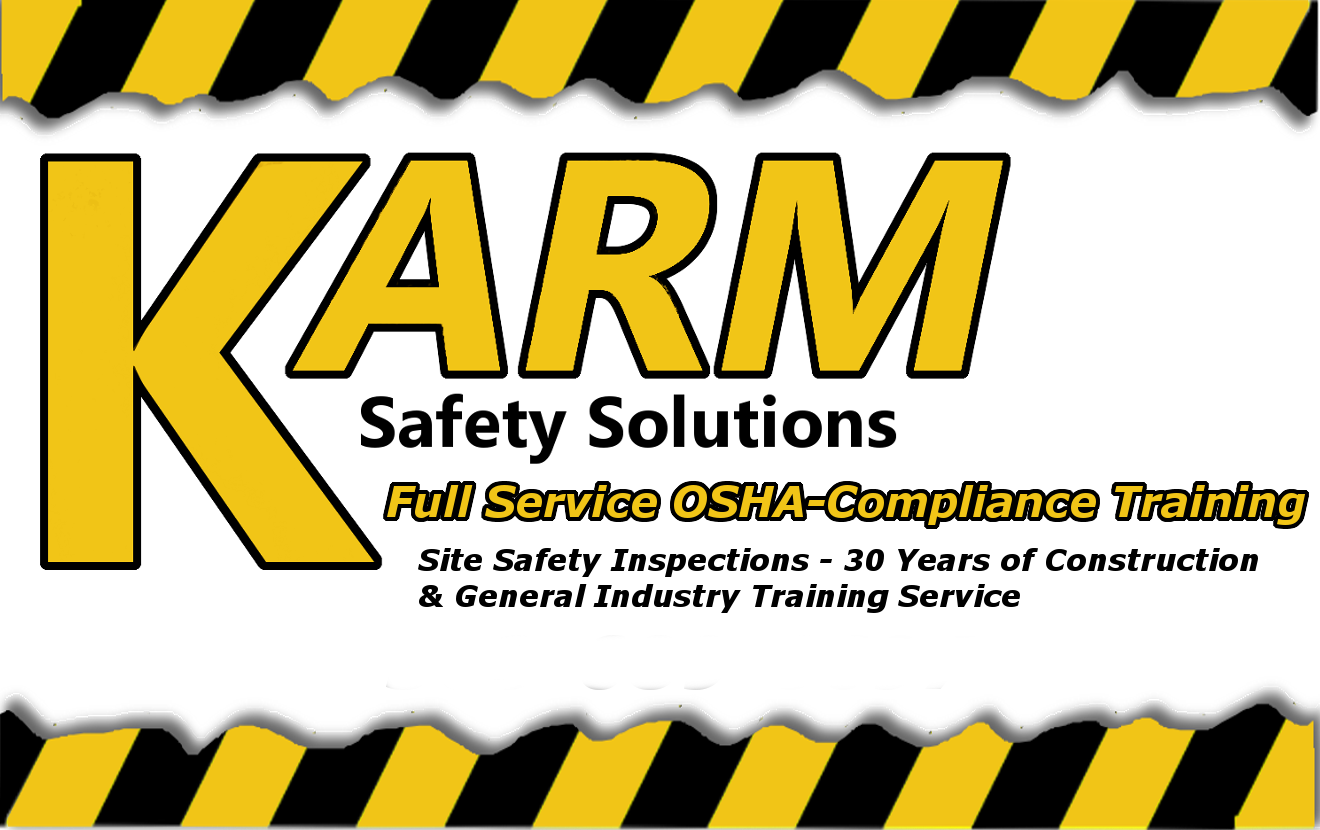Train Smarter: Forklift Mechanic Training for Future-Ready Technicians
Understanding forklift mechanic training is essential for preparing technicians who can handle modern machinery demands. As equipment becomes more sophisticated, maintenance goes beyond basic mechanical fixes. Today’s forklift technicians are expected to identify technical issues early, perform safe repairs, and follow OSHA standards without compromise.
Training programs must align with regulatory frameworks, teach safety-first practices, and equip technicians to reduce downtime. The right course builds the confidence to troubleshoot, service, and maintain various forklift models across industrial sectors.
Shifting From Manual Repair to Preventive Expertise
Traditional repair methods are no longer sufficient. Training now emphasizes preventive approaches, equipping technicians to perform system diagnostics before faults escalate. By mastering inspection protocols and standard repair procedures, technicians not only fix but also forecast issues.
Preventive maintenance reduces operational risks, lowers repair costs, and keeps equipment running efficiently. This shift is at the core of modern forklift servicing.
Real-World Troubleshooting in Simulated Environments
A major part of technician readiness involves hands-on simulation. Practical modules create scenarios technicians will likely face in the field, from hydraulic leaks to battery malfunctions. Real-world simulation ensures trainees are prepared, not just informed.
Whether it's analyzing engine trouble codes or inspecting lift chains, the training focuses on precision and accuracy under time constraints, skills crucial on active worksites.
Compliance Isn’t Optional, It’s Built-In
All certified forklift technicians must meet OSHA guidelines. Training incorporates legal compliance as a core principle. This includes knowledge of lockout/tagout procedures, routine inspection requirements, and the handling of hazardous materials during repairs.
These standards aren't just about avoiding citations; they protect teams, reduce liability, and maintain consistent safety culture across the site.
Technical Skills Paired with Safety Awareness
Being a forklift technician isn't just about repairs, it’s also about protecting people. Courses blend mechanical skills with strong safety education, teaching technicians to identify workplace hazards that go beyond the machine itself. From battery spills to tire blowouts, technicians are trained to assess site risks and respond quickly.
This approach builds a dual capability: technical problem-solving paired with situational safety judgment.
Adaptable to New Technologies and Equipment
The industrial sector is shifting toward automation and telematics-based forklifts. That means training has to evolve, too. Programs today include digital diagnostics, software updates, and sensor calibration. These tech-focused modules make sure technicians are not left behind as forklifts get smarter.
Trained personnel can service both legacy equipment and modern, sensor-integrated machines, keeping operations flexible and compliant.
Focus on Component-Level Expertise
Effective training dives deep into component-level mechanics. This includes understanding how transmission systems, mast assemblies, hydraulic pumps, and electric drive motors function and fail. Technicians trained at this level can isolate faults quicker and avoid costly part replacements by making accurate repairs the first time. This expertise reduces overall equipment downtime and improves safety on the job site.
Building Accountability Through Certification
Training isn’t only about acquiring skills; it builds professional accountability. Certified forklift technicians are more likely to follow documented procedures, complete inspection logs correctly, and maintain repair records. This transparency helps supervisors track performance and ensures repairs meet OSHA documentation standards. Certification also signals reliability, which employers value in high-risk operational settings
Why Technician Training is a Long-Term Investment?
Every hour of technician training translates into fewer breakdowns, safer operations, and faster repairs. Companies avoid delays caused by inexperienced handling, while trained staff extend the service life of expensive assets.
This is not just training, it’s an investment in efficiency, safety, and compliance for years to come.
Final Look:
Over time, standards change, technology updates, and new forklift models hit the market. This is why forklift refresher training is essential. It ensures technicians stay aligned with evolving safety codes, mechanical updates, and troubleshooting techniques. At Karm Safety Solutions, our forklift mechanic and refresher training courses are designed to help teams stay ahead of mechanical challenges. We offer tailored programs for warehouse, industrial, and construction environments. Our instructors blend experience with practical instruction to create reliable, OSHA-compliant professionals ready for any worksite. Contact Karm Safety Solutions today to enroll in mechanic or refresher training because smart maintenance starts with smart training.
